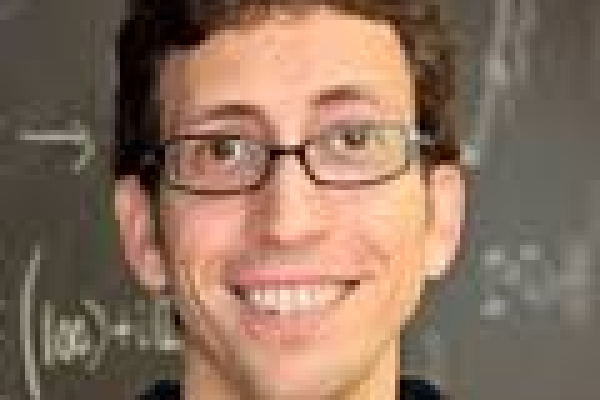
The realization of a quantum computer poses a grand outstanding challenge that promises technological advances in areas ranging from cryptography to quantum simulation and beyond. Typically decoherence--whereby environmental perturbations corrupt quantum information--presents the chief obstacle. Topological quantum computation, however, cleverly sidesteps decoherence at the hardware level by non-locally manipulating quantum information using emergent particles known as non-Abelian anyons. Considerable progress has recently been made towards stabilizing the simplest non-Abelian anyons (particles binding Majorana zero-modes) by judiciously combining well-understood materials. This ‘engineering’ approach has inspired a wave of experiments, though such Majorana-based platforms require unprotected gates to run general quantum computing algorithms, thus entailing significant overhead. A natural question therefore arises: can one combine ordinary ingredients to synthesize a fully fault-tolerant, universal quantum computer? I will answer this question in the affirmative. More precisely, I will describe how one can combine simple fractional quantum Hall states and conventional superconductors to realize a novel superconducting phase that harbors so-called Fibonacci anyons. These particles constitute the ‘holy grail’ for topological quantum computing in that they allow for computational universality via a single elementary gate generated by braiding the anyons around each other.
